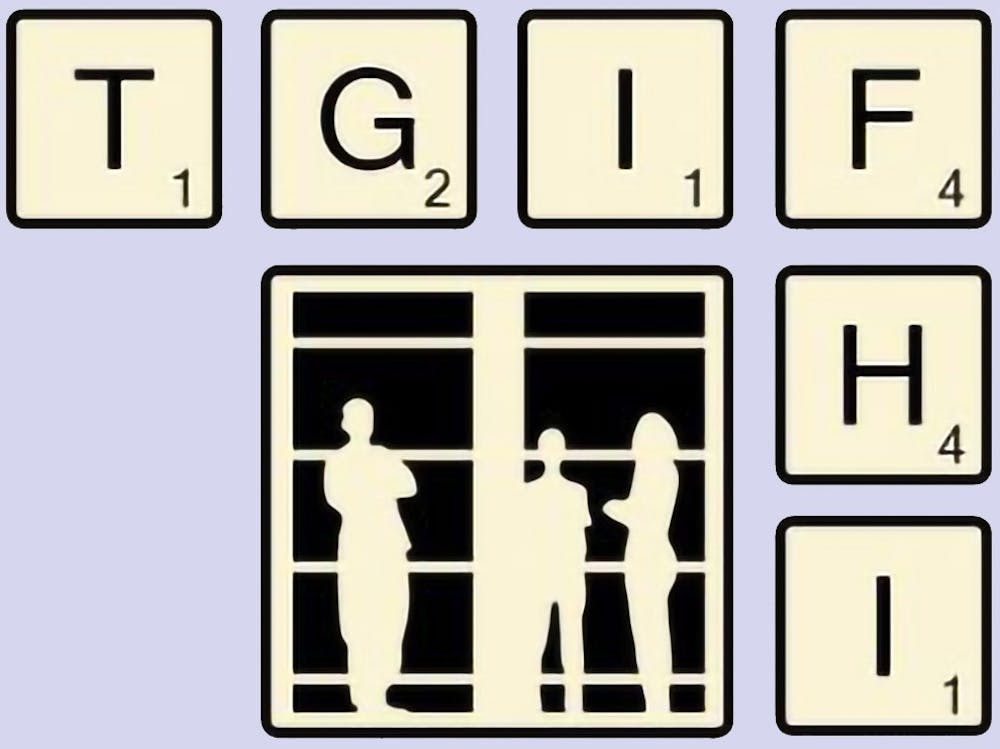The historical origins of catharsis come to light in Darren Gobert's virtual seminar “Purge," which kicked off on Oct. 9 as part of the tgiFHI series. Centering his rich excavation on Tennessee Williams' play "Suddenly, Last Summer," Gobert lays out why we are blessed with our present understanding of catharsis.
The mid-twentieth century was vicious to any individual who struggled with mental health. Among the institutionalized was the playwright’s sister Rose Williams, who was subjected to a fatal brain lobotomy. Her memory fueled the grief-stricken Williams to pen the production "Suddenly, Last Summer," whose plot pivots on patient Catherine Holly's trauma.
In the play, Holly undergoes the "talking cure" — a retrieval of healthy emotion from her assault a year prior. At that time, babbling was often considered a serious sign of illness. The budding works of psychologists like Breuer and Freud, however, entertained the possibility of a therapy that did not involve direct prodding of the brain. Gobert explains how this new model of catharsis through talking dips its toes into the quintessential elements of Greek tragedy. The analyst’s couch becomes analogous to a stage as audiences experience the prototypical pity and fear through Holly's purgative transformation.
“An emotional state is constructed in the same way as a hysterical attack,” Gobert explains. “[It is] incorporated in the mind as precipitates of primeval traumatic experiences.”
While Holly relives the horror of last summer, Holly’s psychiatrist Dr. Cukrowicz performs an “emotional autopsy." He dissects emotional blockages without actually having to slice open his patient. This reveals that his patient is not entirely "crazy." Holly's memories of murder and cannibalism were nothing more than a trauma-induced reimagining.
“Scripts give fiction and fact narrative cohesion,” Gobert says. Tennesee Williams consumed the therapeutic benefits of his own work — a catharsis within a catharsis, a seed of reality within fiction. He kept revising his manuscripts against his doctor’s orders, and did so even after his play opened. He rewrote scenes from decades earlier until his death.
Gobert’s lyrical revival of "Suddenly, Last Summer" invites us to reflect on our social relationships.
The "talking cure," while not absolved of the guilt of treating patients as a puzzle to fix, accomplishes a feat meriting its distinction from its less charming roots: it digs deeper into the patient's story, instead treating them like another project to fix. This revamped conception of an age-old idea reveals that beneath frantic storytelling is a script we can learn from, a script that opens the dialogue for both sides of the couch. So often we focus on “purgation” that we gloss over the very quality of catharsis that permits this unbridled unloading — an authentic connection. The patient unlocks other ways to be fully present for themselves in the axiomatic scripts of other characters, and deals with the underlying hurt that cannot be nursed by their own lived experience.
Being in touch with one's past self, and being one with the pain of another, is what makes something so grim a sublime experience.
Get The Chronicle straight to your inbox
Signup for our weekly newsletter. Cancel at any time.

